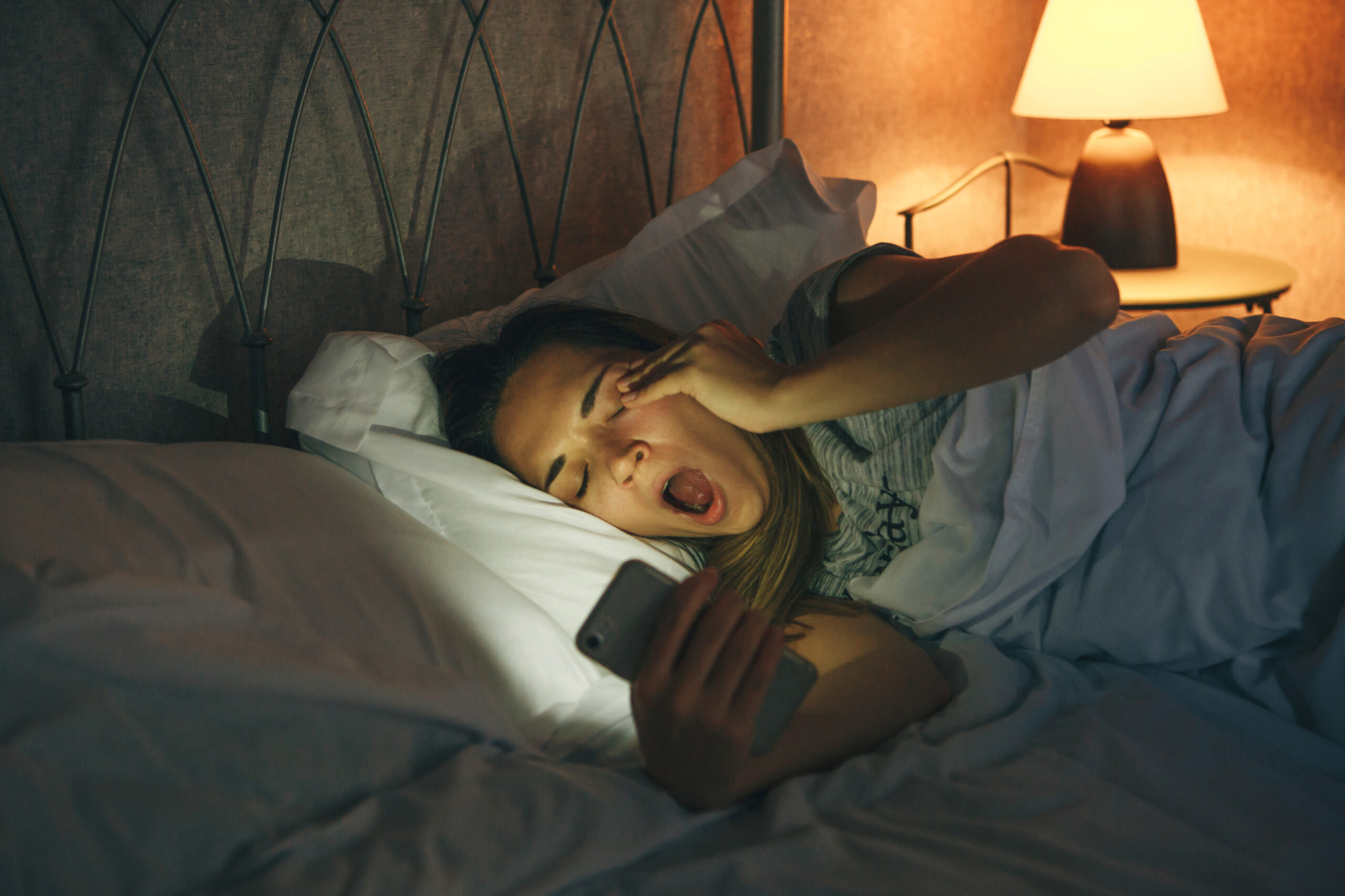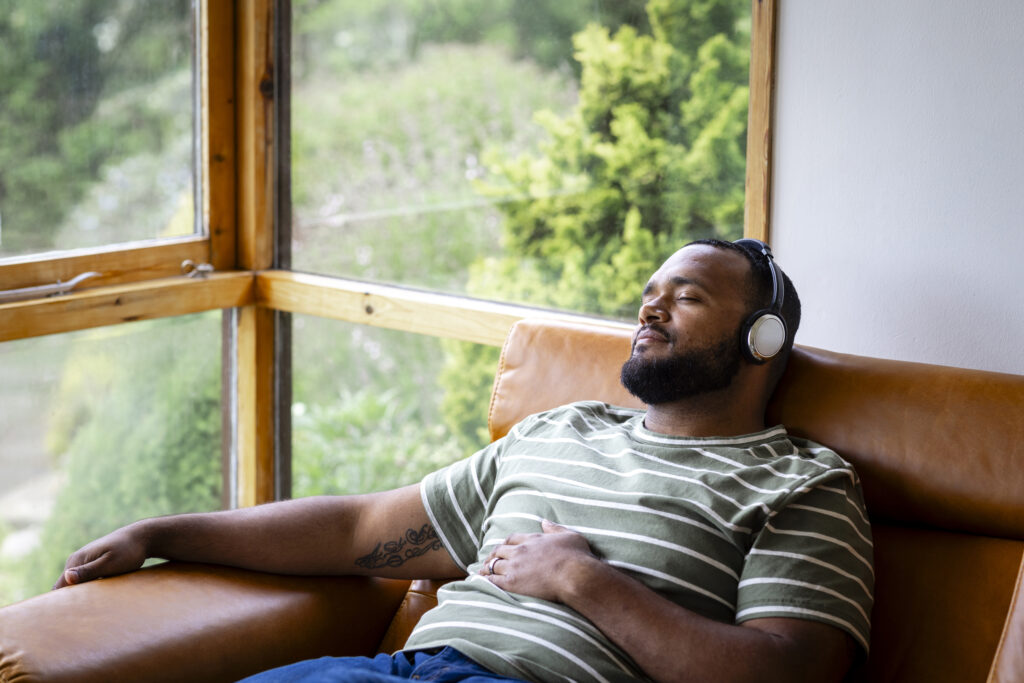Can an App Help You Quit Drinking? Exploring the Role of Sobriety Apps in Recovery

In today’s tech-driven world, there’s an app for everything—including sobriety. Whether you’re tracking your progress, connecting with others or looking for daily motivation, sobriety apps are more accessible than ever. But how effective are these tools? Can the best sober app replace traditional treatment—or are they just one piece of a bigger puzzle?
At Silver Ridge, we know that every recovery journey is different. For some, digital tools can offer valuable support. For others, professional treatment is the necessary foundation for lasting change.
What Are Sobriety Apps?
Sobriety apps are digital tools designed to help people reduce or quit drinking. Features vary, but many include:
- Daily tracking of alcohol-free days
- Progress milestones and celebratory badges
- Mood and craving journals
- Motivational quotes or affirmations
- Online peer communities or support forums
- Reminders for self-care or relapse prevention
Some of the best sober apps—like Reframe, I Am Sober, Sober Sidekick and NOMO—have received praise for being user-friendly and supportive for people in early sobriety.
Benefits of Using a Sobriety App
For some, these apps offer a convenient and low-pressure way to begin making changes. Benefits may include:
- Accountability: Seeing your sober streak grow can be incredibly motivating.
- Structure: Apps provide daily check-ins and routines to reinforce healthy habits.
- Anonymity: Users can explore sobriety privately, without feeling exposed or judged.
- Community: Many apps offer access to online support groups, helping users feel less alone.
These tools can be especially helpful for people who are sober-curious, in early recovery or exploring moderation.
Can an App Replace Traditional Treatment?
Not exactly—and here’s why.
While the best sober app might help you stay mindful and motivated, it isn’t a substitute for clinical care. Apps do not:
- Provide therapy or mental health diagnosis
- Offer detox services or medication support
- Address underlying trauma or co-occurring disorders
- Replace the expertise of licensed professionals
Sobriety apps can support recovery—but they work best as a supplement, not a replacement, for evidence-based treatment.
When Professional Treatment Is the Right Choice
If alcohol use has begun to negatively affect your health, relationships or daily functioning, an app likely won’t be enough. Some signs that it’s time to seek professional support include:
- Drinking to cope with stress, anxiety or trauma
- Failed attempts to cut back or stop
- Withdrawal symptoms or physical dependence
- Feelings of hopelessness, shame or isolation
In these cases, a structured, therapeutic approach is the safest and most effective path forward.
It’s Okay to Ask for More Help
Choosing a treatment program doesn’t mean you’ve failed—it means you’re serious about healing. At Silver Ridge, we specialize in treating adults with substance use and co-occurring mental health disorders. Our approach blends clinical care, compassion and holistic healing in a safe, supportive environment.
And yes—if you love your sobriety app, you can still use it! Many of our clients combine digital tools with therapy, group support and wellness practices to strengthen their recovery. The best sober apps can help you build awareness, celebrate your wins and stay connected. But when drinking becomes more than just a habit, an app alone may not be enough.
You don’t have to choose between tech and treatment—sometimes, the most powerful recovery plan includes both. Silver Ridge is here to help. Reach out today and take the next step toward healing—one day, one choice, one moment at a time.







